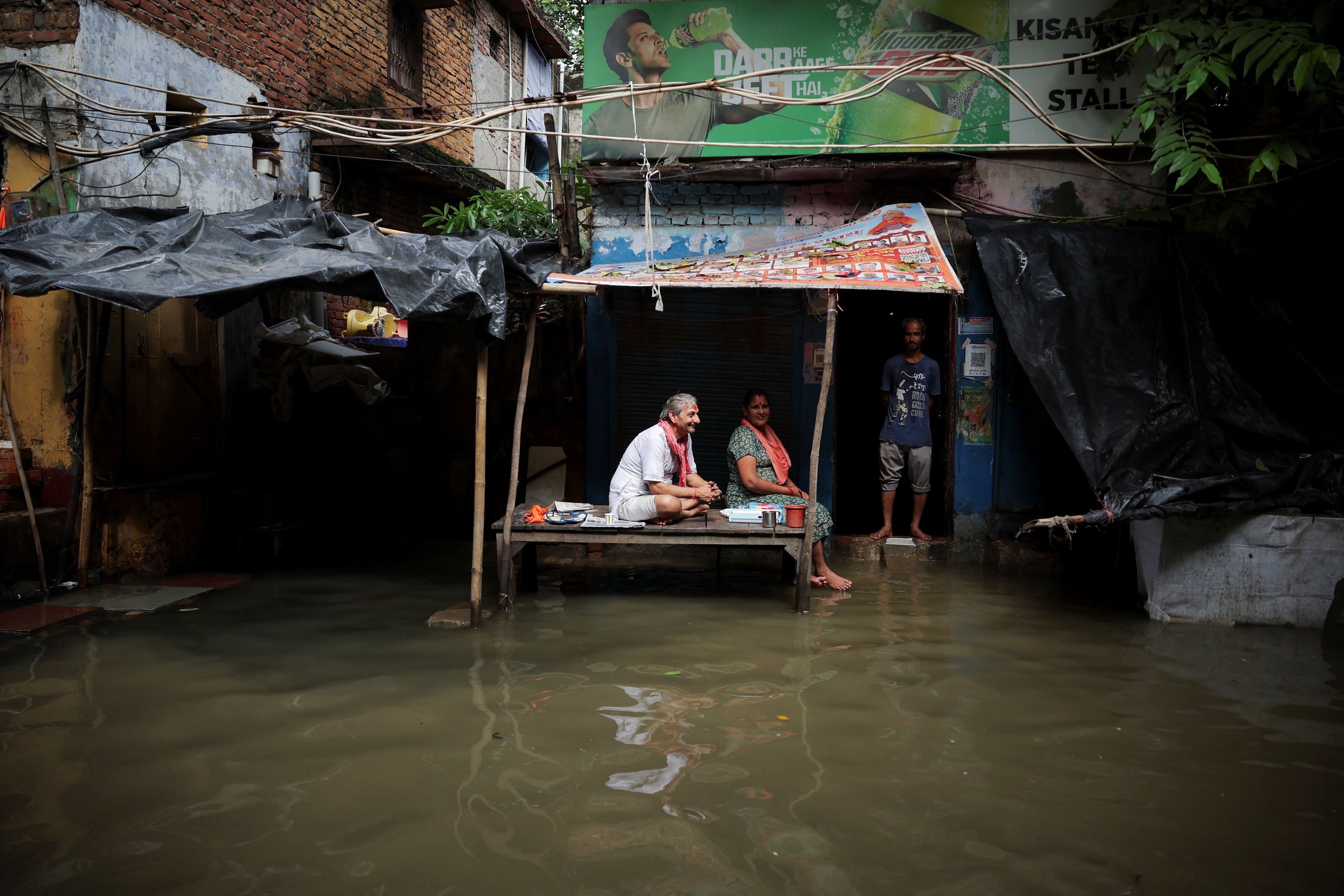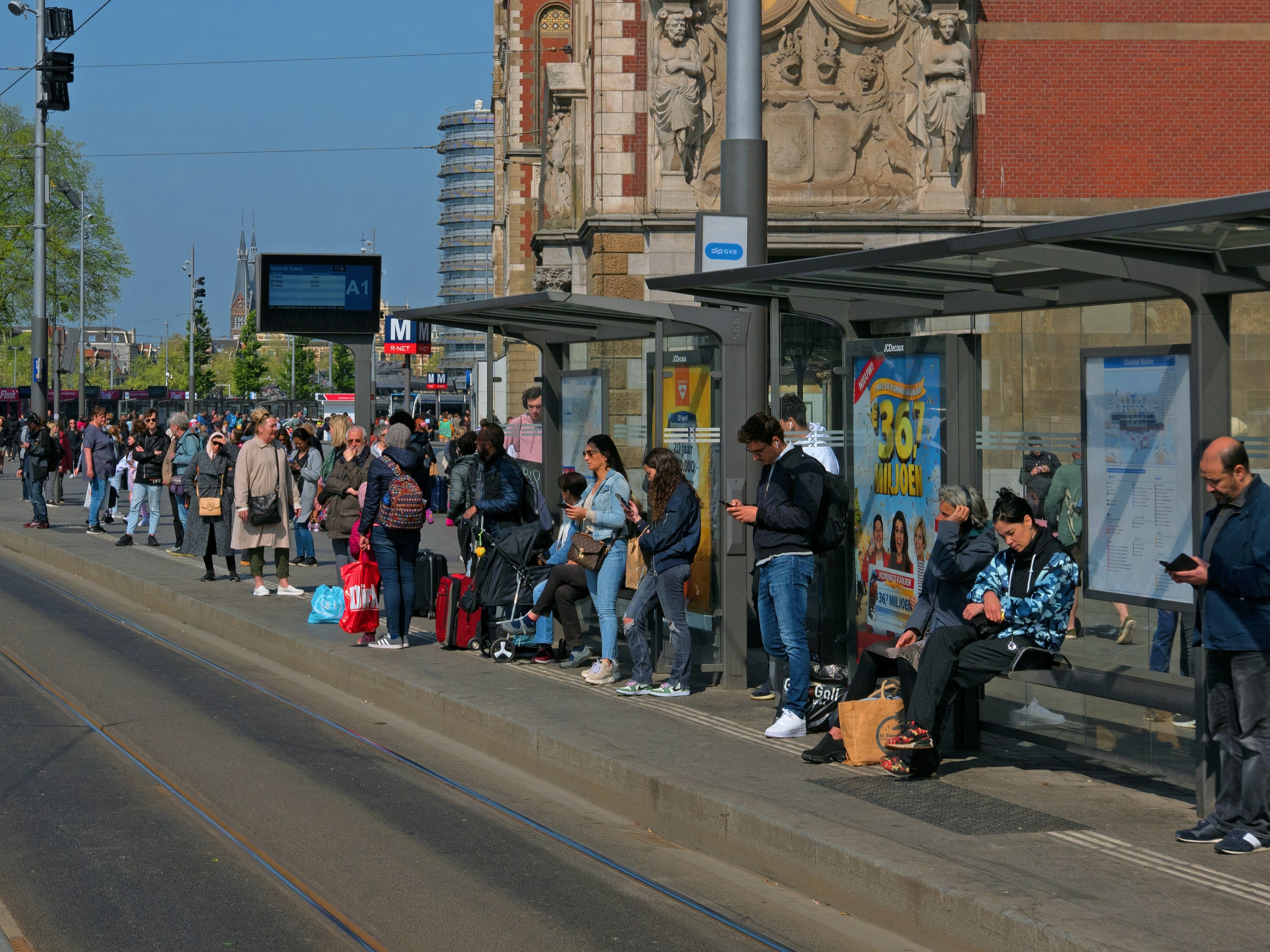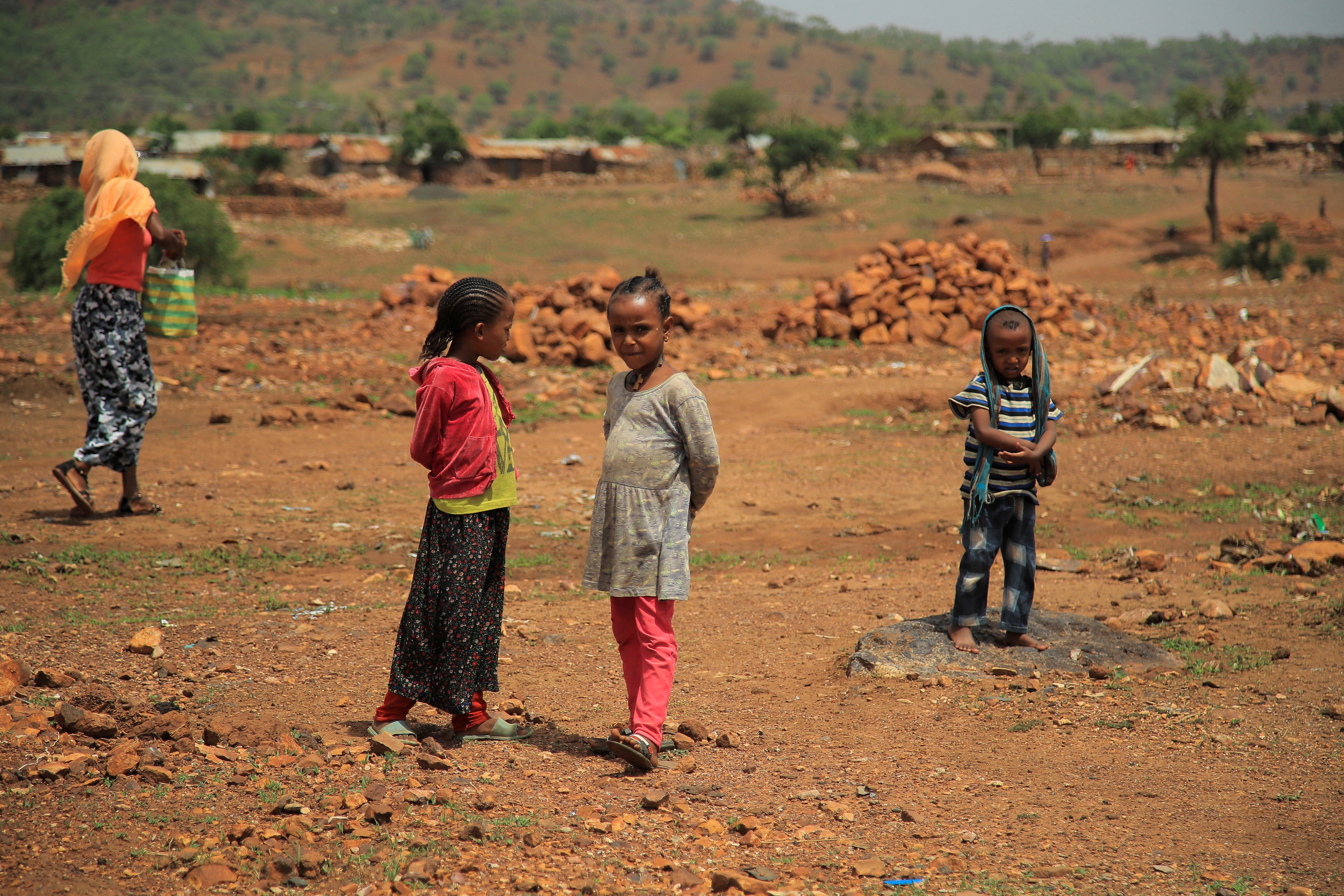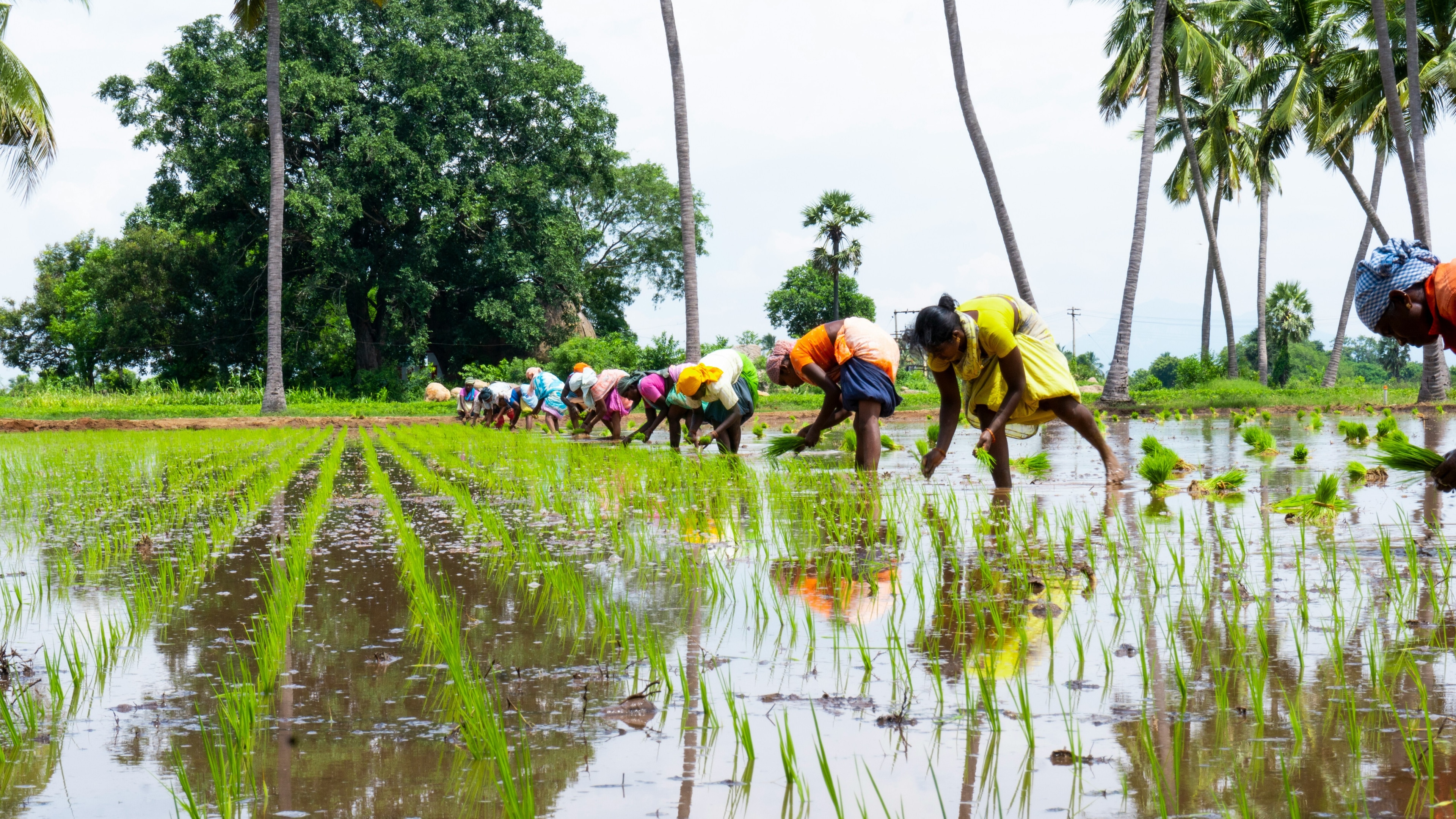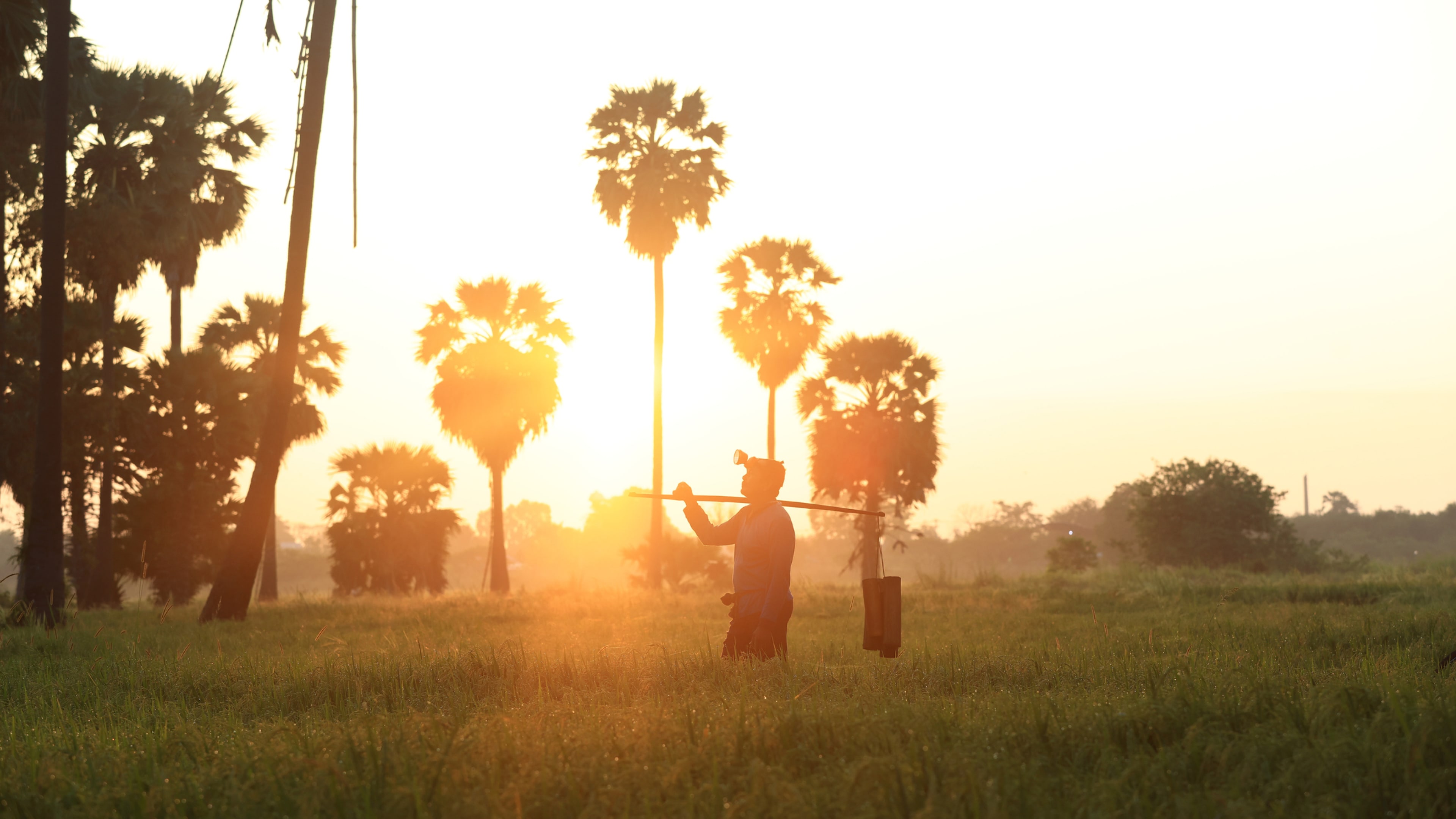Ukraine: how can the scientific community help scholars at risk?
Important information about how to help Ukrainian scholars at risk.
Image: REUTERS/Alexander Ermochenko.
Ruth Morgan
Co-Director UCL Arista Institute, Faculty of Engineering Sciences, University College London (UCL)Michael J. Bojdys
Guest Professor in Organic Materials Chemistry, Humboldt University of Berlin, and Reader in Chemistry, King’s College LondonStay up to date:
Ukraine
- In the first 19 days following Russia’s invasion of Ukraine on 24 February 2022, 6,300 Ukrainian scientists moved abroad. Thousands remain to support the civil administration and their families.
- The ScienceForUkraine initiative set up by ILFA University of Latvia and supported by the Young Scientists community provides a curated list of world-wide research groups that can take up scholars at risk with immediate effect.
- Young Scientists engage in advocacy efforts to organize and accelerate humanitarian responses, academic exchange, funding, hiring, accommodation, and preserving physical and digital academic assets in Ukraine.
- Here you will find information about how to help Ukrainian scholars at risk, particularly though the untapped strengths of scientists everywhere, based on the guidelines of the Global Shapers.
On the 2 March 2022, Oksana Drehval and many of her colleagues from Oles Honchar Dnipro National University sent out a defiant call for help to scientists around the world. Like thousands of Ukrainian academics, they chose to remain in Dnipro – an important administrative, economic, and transport hub in the central-eastern part of Ukraine – to support the civil administration of the region, Dnipropetrovsk Oblast. Since then, they have helped to translate urgent requests for humanitarian aid from the Dnipropetrovsk Health Department and to relay them to agencies in neighboring countries.
What help has the Ukrainian scientific community received so far?
Young Scientists (YS) from the World Economic Forum – and beyond – have used their professional networks and private contacts in politics, media, and industry to relay, amplify, and respond to urgent help requests – like this one – coming from Ukrainian scholars at risk, both in Ukraine and outside. The crowd-sourced platform ScienceForUkraine currently contains over 1,000 laboratories and institutions, including those run by the YS community, that offer placements to scholars at risk with immediate effect.
Government entities in Germany, Poland and the UK (among others) have advocated for accelerated registration and processing of humanitarian aid requests, the development of research groups and think-tanks that integrate Ukrainian scholars, the provision of lodging and funding for scholars fleeing Ukraine, and for inter-institutional efforts to preserve physical and digital assets at risk in Ukraine.
Many scientists do not realize their strengths when faced with catastrophes like this one, nor the many roles that they can play. Scientists can offer insights as “academic ambassadors” with no conflicts of interest and have a unique ability to be in open dialogue across wide sectors of society, to exchange ideas, and achieve lasting, collaborative action. However, as scholars with full-time careers, we rely on the leniency and support of our home institutions to facilitate outreach and impact efforts beyond the laboratory and the classroom.
What has the impact been on the Ukrainian scientific community?
In the case of Oles Honchar Dnipro National University, the rector, Professor Dr. Sergiy Okovyty and other colleagues have chosen to stay and to support their local administration. In the days after the invasion, many governmental websites and email servers were subject to digital attacks and inaccessible for official communications. Ukrainian academics with foreign language proficiencies were needed immediately at a local, administrative level. Ukrainian scientists reaching out to international colleagues highlights the importance of emails and social media as a tool to bring the scientific community together in spontaneous, crowd-sourced initiatives.
Approximately 6,300 scientists moved abroad in the first 19 days of war. And 20% of them likely will stay abroad for good.
”Offers for academic refuge at foreign universities – such as those provided by ScienceForUkraine – were well received and welcomed. However, as the colleagues from Dnipro University put it, “Some of us stay and defend our homeland and seek another kind of support.” According to the Ministry of Education and Science of Ukraine, approximately 6,300 scientists moved abroad in the first 19 days of war. And 20% of them likely will stay abroad for good. Their immediate academic needs are individual scholarships and places to continue their meaningful work. In the mid to long-term, they wish to re-establish contacts with their home institutions and support the rebuilding effort.
What more can the global scientific community do to help?
There has never been a greater need for action than right now. While conditions are highly dynamic, complex and evolving daily, it has become clear that there are currently four key areas where collaborative action can offer support to Ukraine scientists. Here, we share our experiences as “academic ambassadors” and offer pathways for leveraging the international science community and inspire action.
1. Fund opportunities for research networks
Ukraine migration, economics, politics, and academic integration can be mobilized with national and international funding agencies, such as the Alexander von Humboldt Foundation, and EU Horizon Europe. These networks will create spaces for collaborative efforts to support scientists affected by war and enrich diverse dialogue that leads to collaboration now and for the future. To achieve this, individual academics may approach:
- National funders to advocate for the availability of funding pathways in their home countries, and then relay the information to the Council of Young Scientists at the Ministry of Education and YS representatives.
- Presidents, deans, heads of departments, and research group leaders to raise awareness of the opportunities of such research programmes, groups, and academics, and their role their institution could play.
2. Hire academics at risk
This is possible through ScienceForUkraine.
- Individual academics can enter their universities/labs into the registry to accept scholars at risk.
- Individual academics and institutions can hire academics who stay in relatively safe territories and operational institutions in Ukraine on remote projects.
- Individual academics and institutions in safe locations within Ukraine (e.g. the Western part) can consider hiring of academics at risk.
3. Hire technical staff and workers at risk
This can be done through Jobs4Ukraine, a curated, currently EU-wide, list of companies.
- Individual academics can approach their industrial cooperation partners and SMEs to register job vacancies and scout the list of job seekers.
4. Engage directly with authorities
This is effective and necessary because of (i) partial breakdown of official communication channels in Ukraine, and (ii) unfamiliarity of Ukrainian academics and civil servants with language, processes, and structures in foreign governmental agencies (for example, EU-member Germany: municipal, national, and trans-national centres for registration of humanitarian aid requests; national and international funding agencies; institutional access points for research placements and existing research programmes).
- Individual academics can reach out to Ukrainian institutions through the Council of Young Scientists at the Ministry of Education to contribute to current needs that include translating aid requests, drafting research proposals, and dealing with placement requests. They can also identify and liaise with the responsible governmental and academic agencies in their home country.
Scientists can help now to protect future generations
If scientists act today, those actions can contribute to ensuring the future of a diverse global science community that incorporates scientists from every region at every stage of their careers. For excellent science to be incorporated into the decisions that shape the world, our societies, our environment, and ensure the next generation of scientists, we need to preserve the breadth and voice of scientists all over the world. We need scientists, institutional leaders, policy makers, and industry leaders to help us make that future.
Accept our marketing cookies to access this content.
These cookies are currently disabled in your browser.
Don't miss any update on this topic
Create a free account and access your personalized content collection with our latest publications and analyses.
License and Republishing
World Economic Forum articles may be republished in accordance with the Creative Commons Attribution-NonCommercial-NoDerivatives 4.0 International Public License, and in accordance with our Terms of Use.
The views expressed in this article are those of the author alone and not the World Economic Forum.
Forum Stories newsletter
Bringing you weekly curated insights and analysis on the global issues that matter.
More on Resilience, Peace and SecuritySee all
Shoko Noda and Kamal Kishore
October 9, 2025
Yamila Castro
October 7, 2025
Leonor Nieto, Niklas Jäschke and Shirly Piperno
October 1, 2025
Aarti Lila Ram
September 25, 2025
Robert Muggah
September 17, 2025
